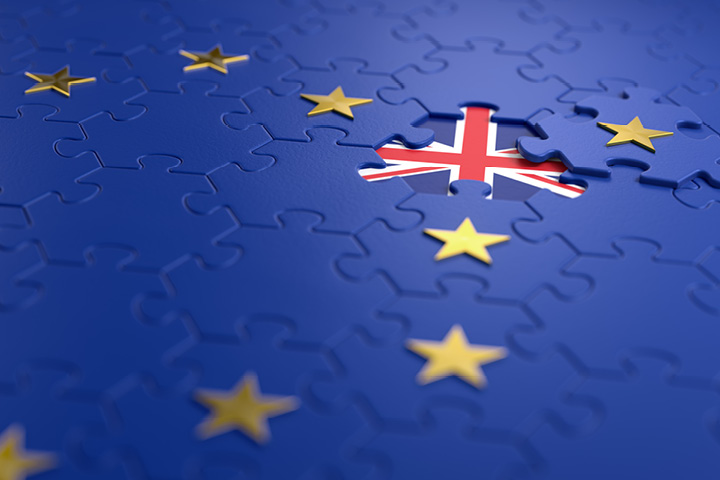EU law in the UK: What will go and what will stay
One of the UK Government’s aims of Brexit was to restore supremacy to domestic UK law and end the special status of retained EU law within the UK. ...
Read More
Benjamin Franklin, one of the Founding Fathers of the USA claimed “No nation was ever ruined by trade”.
While that may be so, during Trump’s presidency, his choice of leverage in a trade dispute over subsidies to Airbus caused financial distress to Scottish businesses in sectors unconnected to the civil aviation market.
Trump imposed a 25% tariff (tax) on imports of whisky and biscuits to the USA from the Airbus consortium nations; and threatened to raise that to 100%.
The relevance of the biscuit tariff was not as immediately obvious for us here in Scotland as the whisky tariff. By far and away the biggest biscuit import from the EU to the USA is shortbread; the biggest export market for that product. The tariff damaged profits; a fourfold increase would have threatened jobs.
Although the biscuit tariff was withdrawn in August, tariffs on malt whisky and cashmere remain.
What’s perhaps most surprising (and disappointing for us in Scotland) is that those tariffs have been sanctioned under the disputes process of the World Trade Organisation (WTO).
Established in 1995 and based in Geneva, the WTO is the only international organization dealing with the global rules of trade. Its main function is to ensure that trade flows as smoothly, predictably and freely as possible. It covers the provision of goods, agricultural produce and services and the protection of intellectual property rights. The 30,000 plus pages of treaties and associated commitments by governments which make up the WTO rules include provisions on subsidies and public procurement. It has rule making, monitoring and dispute settlement functions.
There are also emerging subsidiary agreements between groups of member countries on topics such as e-commerce, domestic regulations and investments.
Although not part of the United Nations family of bodies, WTO does have near global membership, including China (since 2001) and Russia (since 2012). Although the UK has always been a member, having left the EU block, it took its own seat at WTO on 1st February 2020.
I was a member of the Scottish Government led capacity building delegation which visited Geneva to meet WTO officials and UK diplomatic staff who engage with them, to learn first-hand about the workings of the body and how to engage with it.
The UK has been seeking to negotiate a future trading relationship with not only the EU but also with other nations. The latter will not be a simple ‘cut and paste’ replication of existing free trade agreements with the EU. How existing EU-wide quotas (allowed under WTO rules for agricultural products) are to be dealt with in the future is a tricky issue. New Zealand lamb is a case in point – what percentage of the EU total should the UK take; should the future EU and UK totals exceed the existing EU figure; does even a generous UK figure really restrict New Zealand to EU flexibility in the future?
Whatever the final UK-EU position on ‘divergence’ of law and ‘level playing field’ regulation, devolved administrations within the UK as well as the UK Government will need to be mindful of whether or not future legislation here is compliant with WTO rules.
Unlike the EU, individual citizens or companies do not have a right to bring a dispute before the WTO. That is the preserve of member states. Nonetheless, one of the key messages I took from the visit to Geneva was; there is both an opportunity and a need for individual businesses and trade organisations to engage with the WTO process with our own government and in Geneva. To do so needs professional advisors, both at home and Geneva, who understand not only the WTO rules but also how the system operates. In many ways that is no different to domestic commercial law or parliamentary work. The stakes and thus the necessary leverage, however, may not be for the faint hearted.
Neil Amner is a Director and the Brexit Lead at Anderson Strathern, which has formed an international trade support partnership with Glasgow Chamber of Commerce.
We also have a range of articles that you might find useful: